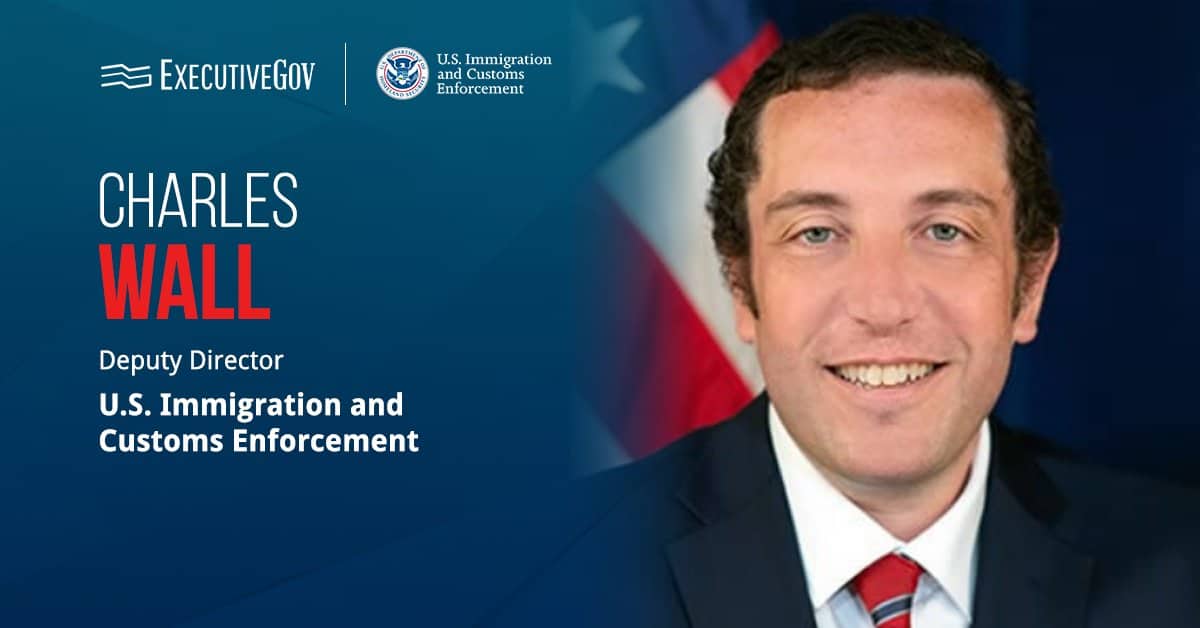
Adm. Michael Gilday, chief of naval operations, said the lack of international standards for appropriate cyber behavior makes it hard for the U.S. and its allies to watch over adversaries, Fifth Domain reported Saturday.
“We have international norms in the maritime; we don’t have those in cyber,†Gilday said during a panel at the Reagan National Defense Forum. “It makes it difficult to enforce standard that don’t exist, and to therefore hold nations accountable for nefarious behavior. It’s a challenge.”
He and the three other service chiefs have expressed support to Gen. Paul Nakasone, commander of U.S. Cyber Command and a 2019 Wash100 award winner.





